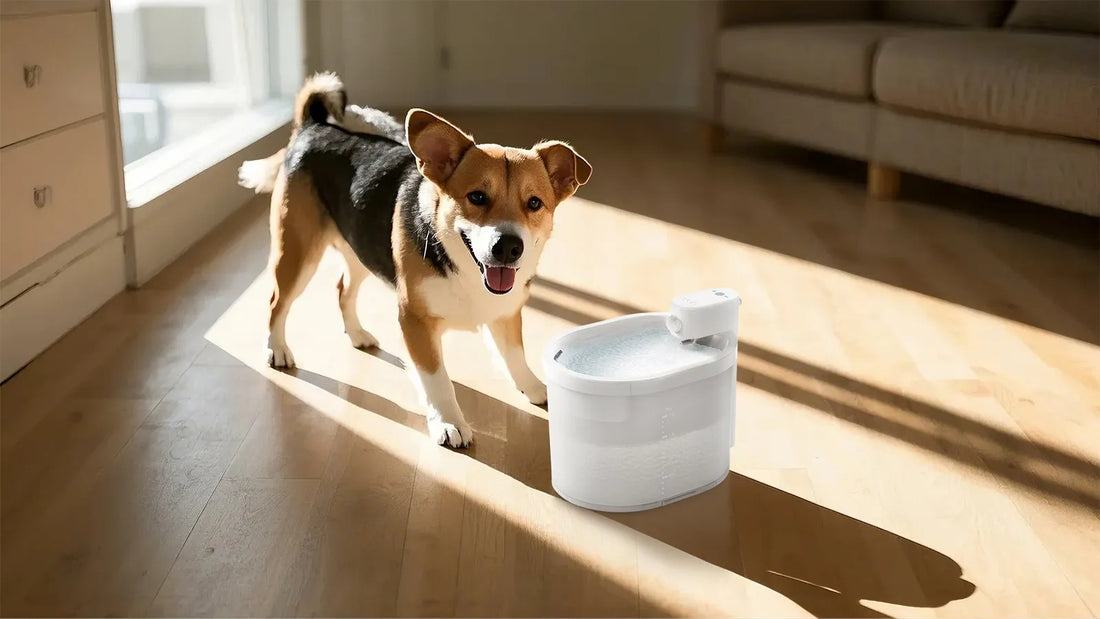It’s a scenario no pet owner wants to face: your dog has eaten human poop, and now you’re left wondering how to clean his mouth. While this situation is undoubtedly unpleasant, it’s important to act quickly and calmly to ensure your dog’s health and hygiene. This article will guide you through the steps to safely clean your dog’s mouth and provide tips to prevent such incidents in the future.
Why Do Dogs Eat Human Poop?
Before diving into the cleaning process, it’s helpful to understand why dogs might engage in this behavior. Dogs are naturally curious creatures, and their sense of smell is far more powerful than ours. Human poop, unfortunately, can be intriguing to them due to its scent and texture. Additionally, some dogs may eat poop due to nutritional deficiencies, stress, or even boredom. Understanding the root cause can help you take preventive measures.
Immediate Steps to Take
If you catch your dog in the act or notice the aftermath, it’s crucial to act swiftly. Here’s what you should do:
1. Stay Calm
Your dog can sense your emotions, so staying calm will help prevent them from becoming anxious or stressed. Avoid yelling or punishing your dog, as this can create fear and confusion.
2. Remove Any Remaining Poop
If there’s still poop in the area, remove it immediately to prevent your dog from eating more. Use gloves and a plastic bag to dispose of it properly.
3. Check for Signs of Distress
Monitor your dog for any unusual behavior, such as vomiting, diarrhea, or lethargy. While eating human poop is generally not life-threatening, it can sometimes lead to health issues, especially if the poop contains harmful bacteria or parasites.
How to Clean Your Dog’s Mouth
Cleaning your dog’s mouth after they’ve eaten human poop is essential to remove any harmful bacteria and prevent potential health problems. Here’s a step-by-step guide:
1. Gather Supplies
You’ll need a few items to clean your dog’s mouth effectively. These include:
- Clean, damp cloth or gauze
- Dog-safe toothpaste or mouthwash (optional)
- Fresh water
- Treats to reward your dog
2. Approach Your Dog Gently
Approach your dog calmly and speak in a soothing tone. If your dog is anxious, take a moment to help them relax before proceeding.
3. Wipe the Mouth
Using a clean, damp cloth or gauze, gently wipe the inside of your dog’s mouth, focusing on the gums, teeth, and tongue. Be careful not to force your dog’s mouth open or cause discomfort.
4. Rinse with Water
If your dog is comfortable, you can offer them fresh water to rinse their mouth. Alternatively, you can use a syringe or small cup to pour water into their mouth gently.
5. Use Dog-Safe Products (Optional)
If you have dog-safe toothpaste or mouthwash, you can use a small amount to help freshen your dog’s breath and remove any lingering bacteria. Be sure to follow the product instructions carefully.
6. Reward Your Dog
After cleaning your dog’s mouth, reward them with a treat and plenty of praise. This positive reinforcement will help them associate the experience with something pleasant.
When to Consult a Veterinarian
While cleaning your dog’s mouth is an important first step, there are situations where you should seek professional advice. Contact your veterinarian if:
- Your dog shows signs of illness, such as vomiting, diarrhea, or lethargy.
- You suspect the poop may have contained harmful substances or parasites.
- Your dog has a weakened immune system or underlying health conditions.
Preventing Future Incidents
To avoid a repeat of this unpleasant situation, consider the following preventive measures:
1. Supervise Your Dog
Keep a close eye on your dog, especially in areas where human poop might be present, such as public parks or hiking trails.
2. Train Your Dog
Teach your dog commands like “leave it” or “drop it” to discourage them from eating inappropriate items. Consistent training can help reinforce good behavior.
3. Maintain a Clean Environment
Ensure your home and yard are free of feces. If you’re in a public area, clean up after your dog promptly and dispose of waste properly.
4. Address Underlying Issues
If your dog’s poop-eating behavior is linked to stress, boredom, or nutritional deficiencies, work with your veterinarian to address these issues. Providing mental stimulation, a balanced diet, and regular exercise can make a significant difference.
Final Thoughts
Dealing with a dog who has eaten human poop is undoubtedly challenging, but with the right approach, you can handle the situation effectively. By staying calm, cleaning your dog’s mouth thoroughly, and taking preventive measures, you can ensure your furry friend stays healthy and happy. Remember, your dog relies on you to keep them safe, so don’t hesitate to seek professional advice if needed.














